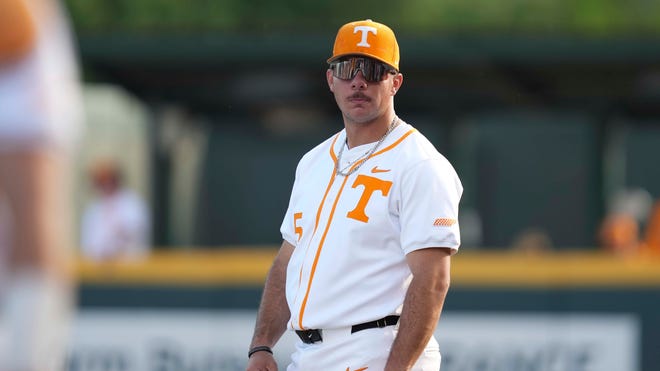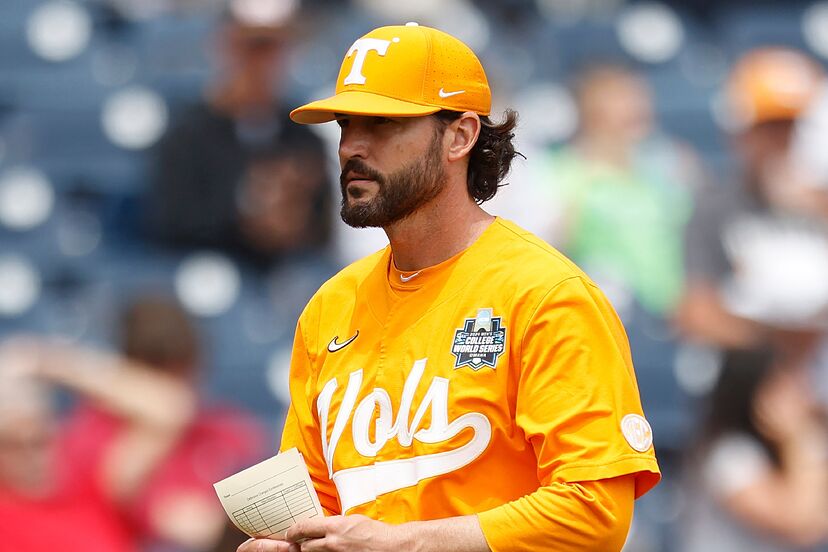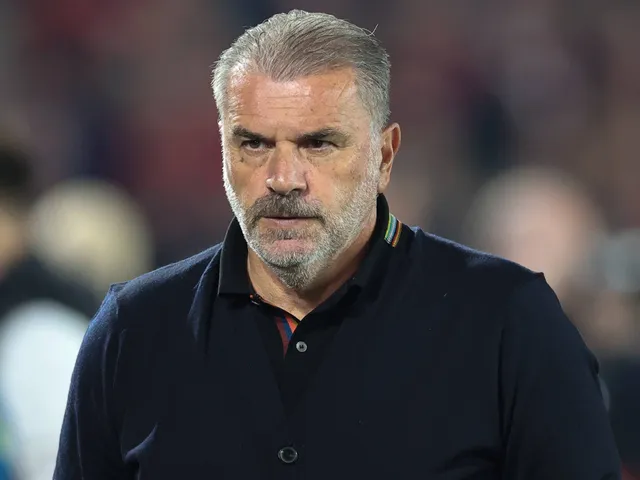Sad News: Legal Setback Holds Power-hitting Baseman From Joining Tennessee Baseball
In a disappointing turn for both Alberto Osuna and the Tennessee Volunteers, a federal judge ruled against Osuna’s attempt to gain immediate eligibility to play for Tennessee’s baseball team this season. The decision, issued in April 2025, denied his request for a preliminary injunction that would have overridden the NCAA’s ruling on his eligibility.
Osuna, a power-hitting first baseman, had hoped to suit up for the Volunteers after transferring from East Carolina. However, the NCAA determined that his season spent at Walters State Community College in 2020–21 counted as a full year of eligibility, rendering him out of options for this year. Osuna and his legal team challenged that interpretation, claiming that he had been misled and unfairly penalized for participating in a season heavily impacted by COVID-19 restrictions.

The court’s decision did not dispute the potential unfairness of the NCAA’s handling of Osuna’s case but ultimately sided with the organization, ruling that Osuna had not met the legal burden required for an injunction. Judge Clifton Corker wrote that while Osuna may have a valid claim against the NCAA, allowing him to play before a full hearing would create an imbalance and risk undermining the established process for resolving eligibility disputes.
This decision hits especially hard for Tennessee head coach Tony Vitello, who had been outspoken in his support for Osuna’s eligibility and described the situation as one where “common sense should prevail.” The Volunteers were eager to add Osuna’s bat to an already potent lineup as they navigate the heart of SEC play. The team has faced tough in-conference competition and could have used his experience and leadership down the stretch.
The broader implications of the case have also reignited the national debate over how the NCAA handles athlete eligibility, particularly with regard to junior college players and the lasting impact of the pandemic. Osuna’s camp argued that the NCAA’s lack of transparency and slow decision-making process left him in limbo for months, costing him valuable time and opportunities.
For Osuna, the ruling is a personal blow. After transferring with high hopes, he now finds himself sidelined for the remainder of the 2025 season, with uncertainty surrounding his athletic future. It’s unclear whether he will pursue a final appeal or explore professional opportunities instead.
Meanwhile, Tennessee must forge ahead without the slugger they had hoped would be a key contributor. The Volunteers remain a strong contender in the SEC and nationally ranked, but this legal setback represents both a missed opportunity and a moment of reflection on how governing bodies treat student-athletes seeking clarity and fairness.
Ultimately, the Alberto Osuna case is more than just a matter of wins and losses — it’s a reminder of how bureaucratic processes can upend dreams, even when the athletes involved do everything by the book.



